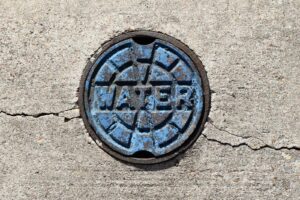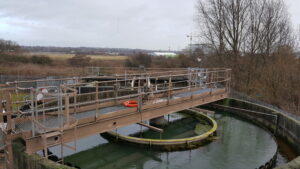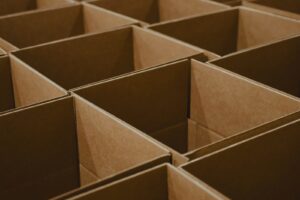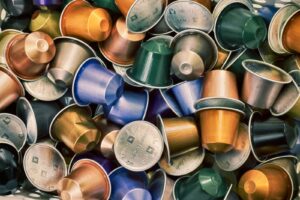Researchers to use household and agricultural waste to revolutionise the textile industry.
Researchers at the Universities of York, Leeds, Manchester, Cranfield, Cambridge and University College London are working with the Royal College of Art on a new £5.4m project in a bid to reduce the environmental impact of the textile industry in the UK.
The UK sends around one million tonnes of textile waste to incineration and landfill every single year and emissions from this industry are almost as high as the total of CO2 emitted through people using cars.
The fashion sector is worth £32bn annually to the UK economy, but most clothing and almost all textile and yarn are imported.
In a bid to reduce the environmental impact and localise the supply chain, the researchers will use household waste, crop residues and used textiles to develop new products that can be produced in the UK.
In order to achieve this, the researchers will use technology that uses enzymes to deconstruct materials containing cellulose, such as natural and semi-synthetic fibres, crop residues and solid waste products.
The enzymes help to breakdown these materials into simple sugars, which can then be converted back into new cellulose by bacteria.
This new cellulose can then be used to spin fibres that can be woven to produce high-quality textiles to supply the UK’s fashion and clothing sector.
Professor Simon McQueen-Mason, from the University of York’s Centre for Novel Agricultural Products (CNAP), said: ‘The clothing and fashion sector is currently one of the most polluting, responsible for 10% of global greenhouse gas emissions and 20% of global wastewater.
‘Our approach will dramatically reduce the carbon emissions and wastewater from textile production. As a result, it will create a more secure domestic supply chain, stimulating economic growth in the UK, while reducing waste.’
Photo Credit – Pixabay
















